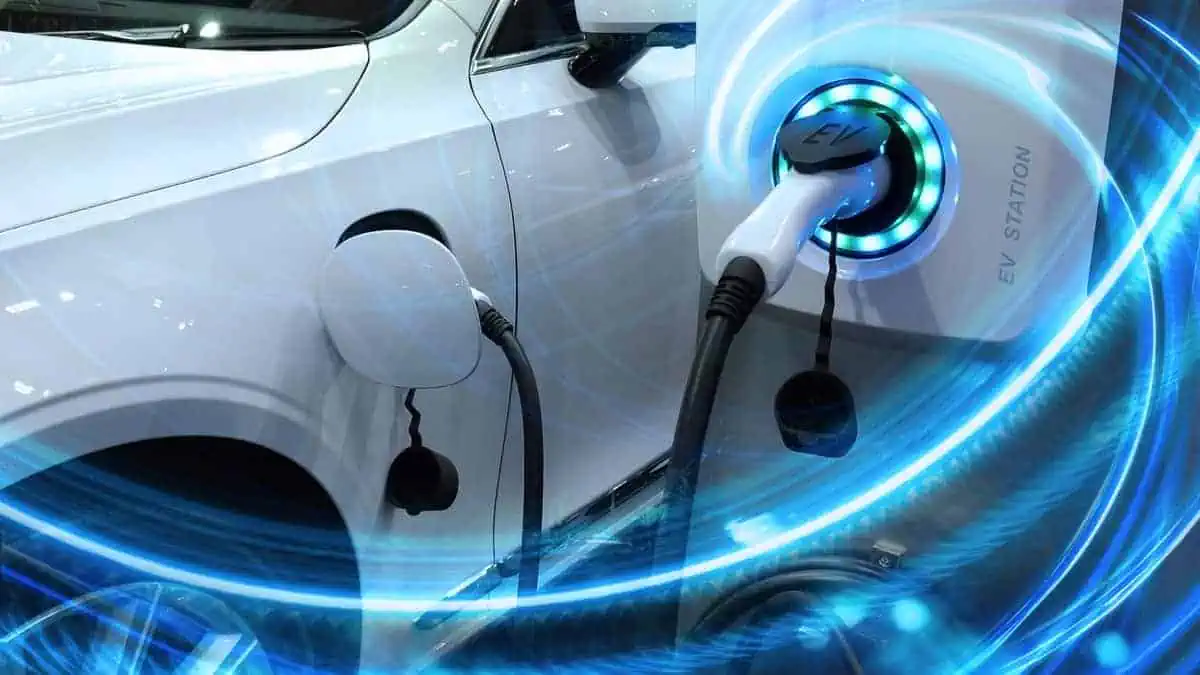The state government of Oregon announced plans to revive its extremely popular electric vehicle rebate program after suspending it in May 2023 as it ran out of funds to incentivize more applicants, OPB reports.
Oregon to relaunch the Clean Vehicle Rebate program
Oregon Department of Environmental Quality (DEQ) is planning to finally grant the waitlisted applicants of the program since its withdrawal last year.
According to coordinator Erica Timm, the program already obtained $15 million+ in three disbursements last year and approximately $3.5 million in carryover funds from 2022. In total, the total funding available for the program has reached nearly $18 million.
However, the overwhelming demand prompted DEQ to halt the OCVR program briefly, as the funds were already exhausted. In a significant development, DEQ will start incentivizing the applicants on the program’s waiting list later this year.
“We anticipate reopening the program in spring 2024 and we hope to announce those 2024 open dates very soon.”
Erica Timm, OCVR program coordinator
Brief background
Oregon suspended the availability of the Clean Vehicle Rebate Program in May 2023 due to the immense demand from electric vehicle buyers. The program had about $12 million in funding for 2023 but immediately ran out soon after it launched.
For context, the OCVR program has two kinds of zero-emissions vehicle (ZEV) rebates, with one available to all Oregonians and one based on income.
It gets $12 million per year, representing 45% of Oregon’s vehicle privilege tax. The government expects this program to promote the shift to more sustainable electric vehicles away from fossil fuel-powered vehicles.
As of January, DEQ released almost $85 million in rebates to nearly 30,000 applicants.
Impact
Despite the DEQ’s move to temporarily withdraw the EV rebate, the program still made a huge impact on the state’s reduction of fossil fuel emissions.
Atlas Public Policy’s analysis revealed that the OCVR program has already contributed to cutting Oregon’s carbon dioxide emissions by 875,000 tons in a year, equivalent to two natural gas-fired power plants.
In addition, it aided in the transportation sector’s greenhouse gas emissions reduction to approximately 4% under 1990 levels.
“The state electric car rebate is incredibly important, it’s had a huge impact in the state. It has a big impact on people’s willingness to consider buying or leasing an electric vehicle, which in turn has a huge impact on climate change and the environment and also a huge impact on putting more money back into Oregonian’s pockets.”
Jeff Allen, Forth executive director
All that said, the DEQ is now preparing to incentivize the first 540 applicants on the program’s waitlist from last year. After the agency completes the 2023 rebate waitlist, the program will then focus on Charge Ahead Rebates for lower-income households that make $51,000 to $251,000 annually, depending on the household size.






